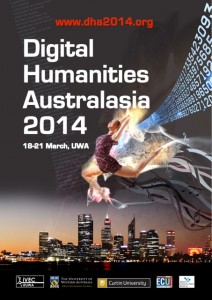 The Voltaire Foundation, in collaboration with the ARTFL Project, is pleased to announce the public release of the TOUT VOLTAIRE online database. This database brings you in fully searchable form all of Voltaire’s works apart from his correspondence (which can be searched separately, in Electronic Enlightenment).
The Voltaire Foundation, in collaboration with the ARTFL Project, is pleased to announce the public release of the TOUT VOLTAIRE online database. This database brings you in fully searchable form all of Voltaire’s works apart from his correspondence (which can be searched separately, in Electronic Enlightenment).
Currently publishing the Complete works of Voltaire in print, the Voltaire Foundation plans to unveil an online version of this definitive critical edition sometime after 2018. In the meantime, this plain text version of Voltaire’s writings (without critical apparatus or notes) is the most reliable version available anywhere on the web.
The various editions used to establish this database are clearly marked: from the Voltaire Foundation’s own Complete works of Voltaire to nineteenth-century editions by Beuchot and Moland, among others. When possible we have included Voltaire’s notes, as well as some textual variants depending on the edition. Pagination, however, is often not representative of the print editions, so if you wish to cite Voltaire for scholarly purposes, you should always consult the list of the best critical editions currently available.
The TOUT VOLTAIRE database is built using ARTFL’s full-text search and retrieval engine PhiloLogic, one of the oldest and most successful text analysis systems in the digital humanities. With a wide variety of search and reporting functions, users can look for words, groups of words, or phrases over Voltaire’s entire corpus, or in individual works (and even parts of works). Results can be displayed in context, as frequency reports (by title, by decade, etc.), or as a collocation table and word cloud.
Example searches could include:
- How often does Voltaire use the terms ‘nation’ and ‘esprit’ in the same sentence?
- What are the most common collocates (five words to the left and right) of the root word form ‘philosoph*’ (e.g., ‘philosophe’, ‘philosophique’, ‘philosophie’, etc.)?
- In which decade does Voltaire use the term ‘tolérance’ the most?
For more search tips, please visit the PhiloLogic user manual.
This research tool is made available free of charge by the Voltaire Foundation (University of Oxford) and the ARTFL Project (University of Chicago). If you wish to make a contribution to our work, please contact the Voltaire Foundation.




